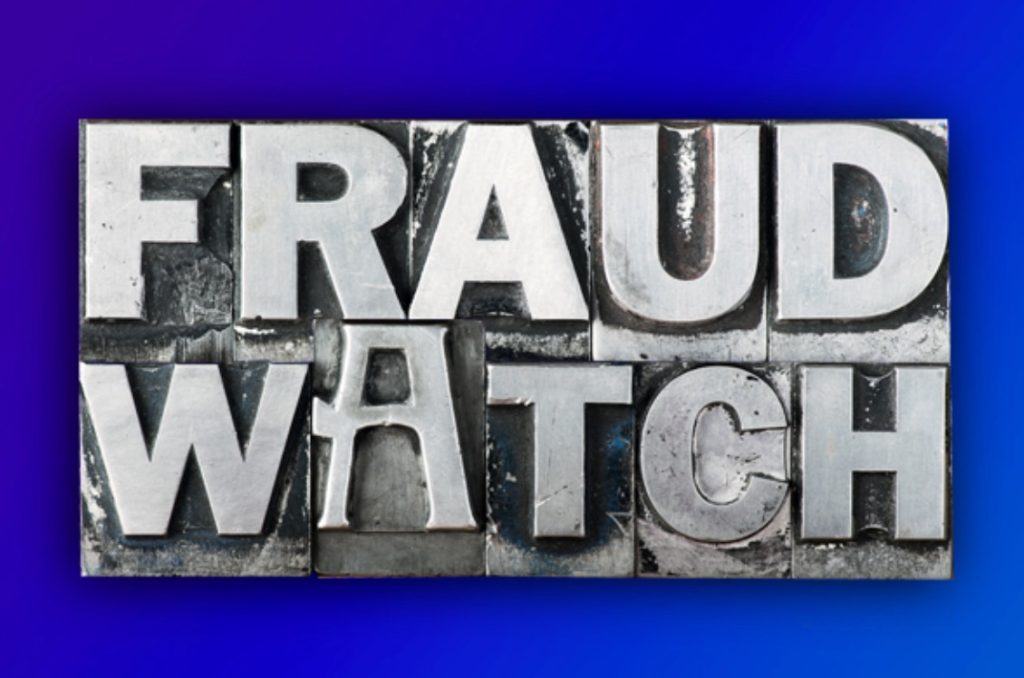Posted on July 20, 2023
Right now, Connecticut, like several other states, is grappling with an increase in fraudulent unemployment applications. I’ve had first-hand experience with this problem, and I have heard from several individuals recently who have expressed concern about the issue. I’m tracking this problem closely, and I’ve been in touch with the commissioner of our state’s Department of Labor (CTDOL).
We know there was a spike in unemployment claims submitted using stolen identities across the country during the pandemic, and that fraudulent activity is continuing. Connecticut has not been immune, and the commissioner explains this came at a time when our state’s Department of Labor updated its 40-year-old unemployment filing system. That may have compounded the problem.
CTDOL is partnering with the U.S. Department of Labor, the Office of Inspector General and law enforcement to combat fraud and protect the Unemployment Trust Fund. Its web site now includes Fraud Watch, an access point to information for employers and individuals about unemployment fraud and identity theft.

If you didn’t file a claim for unemployment benefits and any of the below happen, you may be a victim of ID theft:
- You are still working, and you or your employer receive a request for information about an unemployment claim in your name.
- You receive a monetary determination letter.
- You receive a1099G tax form.
- You receive unexpected unemployment benefits.
For employers…
If you received a 21A notice that an employee has filed for benefits, but that worker is still employed with you, please have the employee complete the ID Theft Report Form and review the information below.
Remember, CTDOL will never…
- Call you and ask you for your account username or password
- Do individual unemployment claims work over text
- Use social media for claims work. CTDOL will never ask for identifying information, photos, or documents through social media.
Beware of text and email scams…
- Do not click on any links or attachments.
- Check URLs carefully to ensure an exact match with CTDOL web resources.
- If you have a question, always navigate to your unemployment account through ReEmployCT or call the Consumer Contact Center.
- If you get a scam text, report it to your carrier. Forward it to 7726 (SPAM). (This works for all major mobile companies)
Avoid being a victim…
- Use different passwords for your social media, banking, and other accounts
- Change your passwords regularly
- Use strong passwords—upper and lowercase letters, symbols, possibly a short phrase in lieu of a single word, and stay away from dictionary words.
- Use two-factor authentication to access your accounts whenever possible.
- If you receive a message via text or email and it seems suspicious, do not reply to the message; instead, independently search out the contact information for the organization so you can confirm the communication.
Click here to visit DOL’s Integrity Unit.


